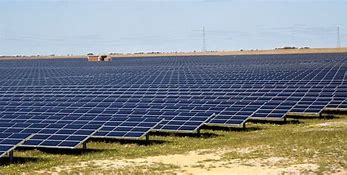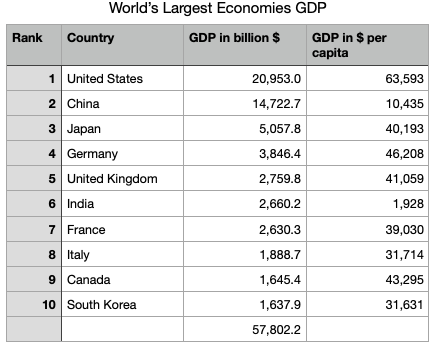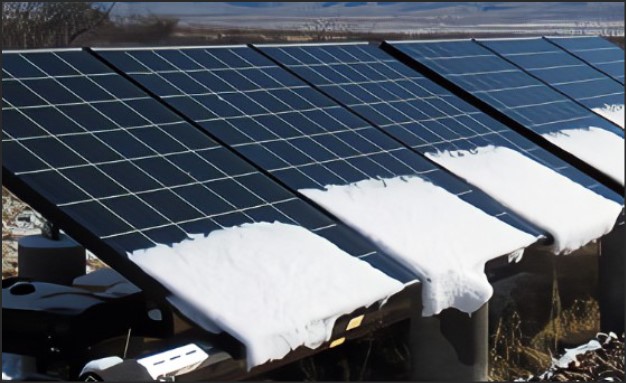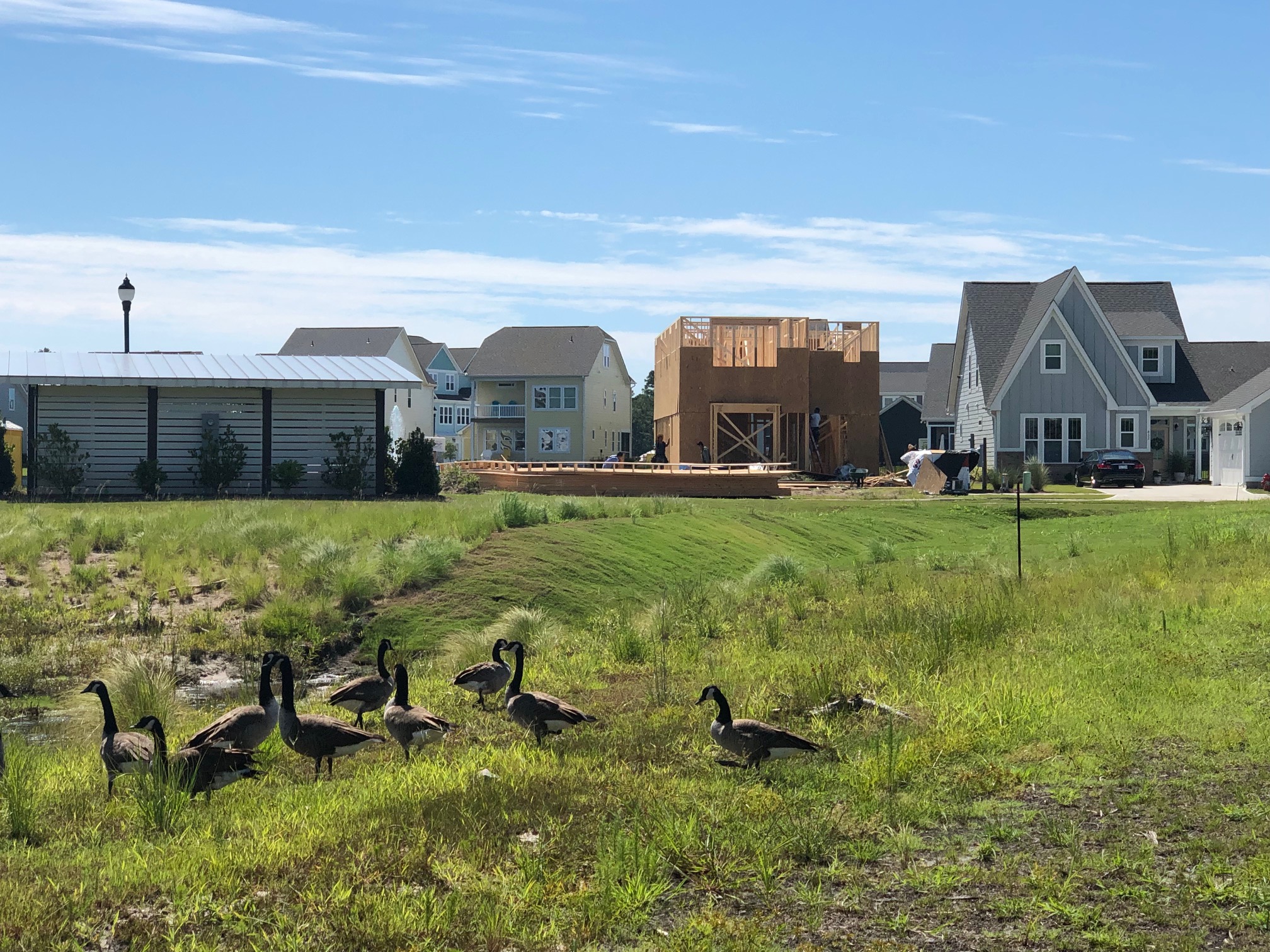 by Bill O’Keefe
by Bill O’Keefe
The Richmond Times-Dispatch meteorologist, Sean Sublett, recently wrote an article, “What to make of the National Climate Assessment.” He makes little of it in terms of analysis, and he reposts as if the assessment is primarily fact and not scientific speculation.
He provides almost nothing on the uncertainties that drive the National Assessment. The report treats uncertainties as scientific facts, and substantive information about the climate system is limited because uncertainties are not explicit. The long-range projections about temperature, sea-level rise, and extreme weather events are all the result of assumed emission scenarios and climate models that have proven to be too pessimistic. Since the climate is accepted as a chaotic system, it is virtually impossible to make accurate predictions absent actual knowledge of “initial conditions” which are unknown. Continue reading

 by Colin M. Kelly
by Colin M. Kelly 








 by Dick Hall-Sizemore
by Dick Hall-Sizemore

 by Dick Hall-Sizemore
by Dick Hall-Sizemore

How’s Your Climate Emergency Going? Hanging In?
How is your climate emergency going so far? We seem to be hanging in well at my house.
The media hype around this fairly typical July hot spell has been off the charts, but my favorite headline of the season appeared in the Richmond Times-Dispatch (home of at least one climate jeremiad per day) weeks ago: “Extreme weather hits every U.S. region and won’t let up.” Such an honest example of the game being played demands recognition. Continue reading →
Share this:
73 Comments
Posted in Culture wars, Energy, Environment, Media
Tagged Climate change, Commentary, Stephen D. Haner